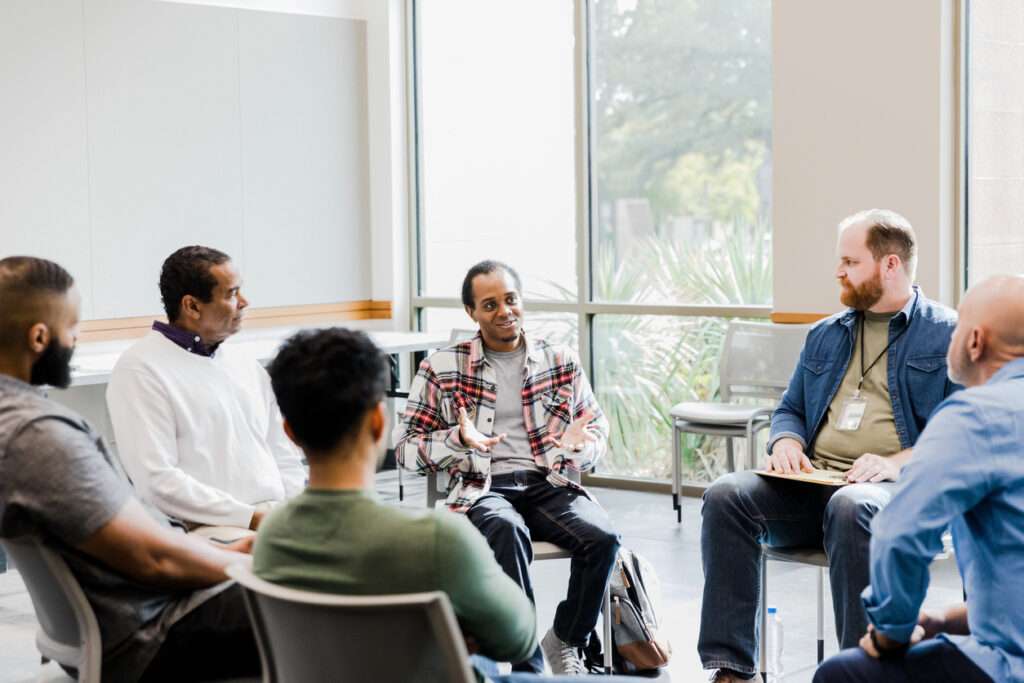When it comes to overall wellness, focusing on mental health is critical, especially for older adults, according to experts.
“As people age, they may experience stressors such as serious illness, losing close friends and family members, managing life on a fixed income, and coping with concerns about their own mortality. While seniors may show resilience to these dimensions of vitality, when they’re compounded, these losses and stressors can result in a myriad of behavioral health issues, including depression, anxiety, stress, and insomnia,” says Dr. Lindsay Evans-Mitchell, board certified adult psychiatrist and behavioral health medical director for Cigna Healthcare’s Medicare Advantage business.
Dementia, which includes memory loss and language difficulties, is another issue often more pronounced with age, and in earlier stages, it can often mimic some symptoms of depression.
Fortunately, Dr. Evans-Mitchell says making healthy choices can improve your quality of life, including your overall mental well-being, and potentially reduce your risk of both depression and dementia:
Practice good nutrition

There is evidence that plant-based diets are associated with better health, including better emotional health. That’s another reason to add more green, leafy vegetables to your diet.

Regular exercise can positively affect cognitive ability. If you have a Medicare Advantage (MA) plan offering access to a fitness program at no extra cost, then make sure to take advantage of it. You can learn about Cigna Healthcare’s MA plans at cignamedicareinformation.com.
Hydrate

Drink plenty of water. Dehydration can negatively affect cognitive performance. Even mild dehydration can drain energy and cause fatigue.
Enjoy some sunshine

Sunlight provides needed vitamin D. Getting sunshine may increase your serotonin and help you stave off depression caused by seasonal affective disorder, or SAD. Also, according to the Alzheimer’s Association, exposure to vitamin D can lower dementia risk by as much as 40%. Of course, make sure to take proper precautions, such as wearing a hat, using sunscreen, and wearing eye protection that shields against UV light.
Get plenty of rest

Older adults need seven to nine hours of sleep each night, according to the National Institutes of Health. People who get six hours of sleep or less a night are at greater risk of developing dementia later, the organization says. Additionally, poor sleep could be a sign of depression and should be discussed with your doctor.
Stay away from harmful substances

Dealing with behavioral health issues in unhealthy ways, such as abusing prescription or illicit drugs or alcohol, will only worsen the situation. According to the National Institutes for Health, research shows heavy alcohol use can increase the risk of both dementia and depression.
Pick up a hobby

Hobbies like gardening, cooking and solving puzzles can help improve your memory and your physical and mental health.
Be social

Isolation can lead to depression, which only worsened for many during the COVID-19 pandemic. Reach out to friends and family in person, via video chat, or over the telephone.
Find help if you need it

Keep your regular medical appointments, and don’t hesitate to seek additional help from your network, if you need it. This may take the form of a financial advisor, a clergy member, or a mental health professional. Medicare generally covers the cost of behavioral health services, including depression and addiction treatment, as well as talk therapy. Virtual services are often available to those living in rural areas. And if you’re experiencing a crisis that includes suicidal thoughts, call 988 immediately.
“For some older adults, seeking help can be difficult,” says Dr. Evans-Mitchell. “But getting help is a sign of strength, not weakness. There’s no benefit to suffering in silence when help to improve your life is within reach.”
Credit: StatePoint








